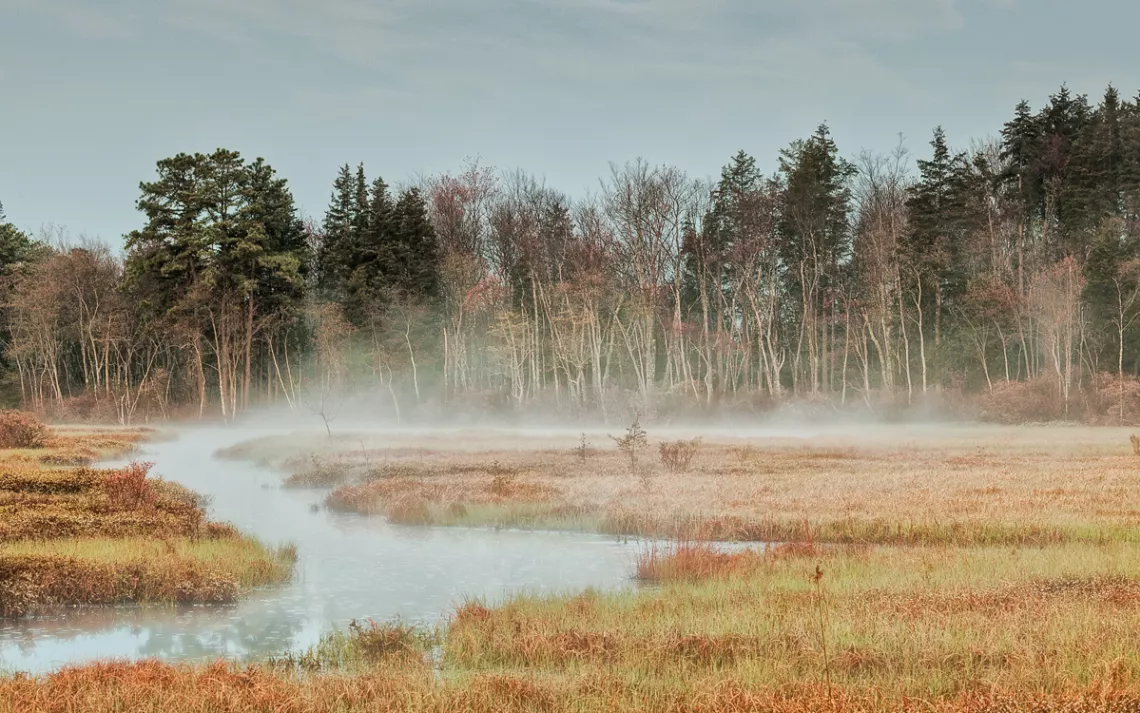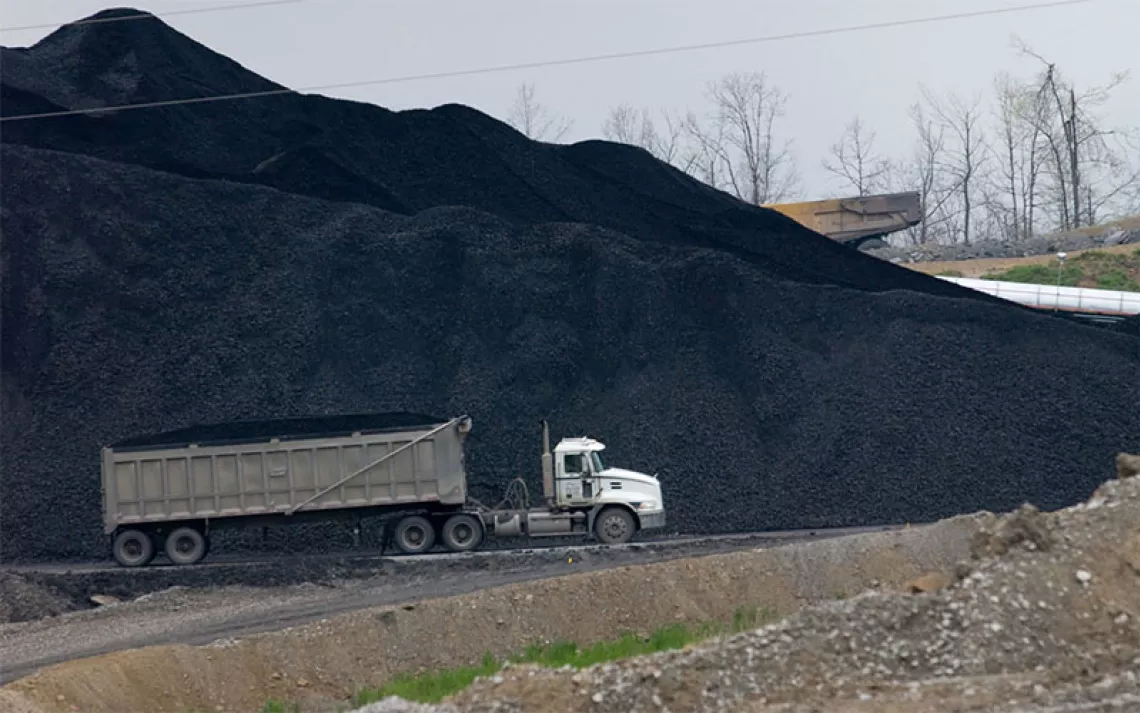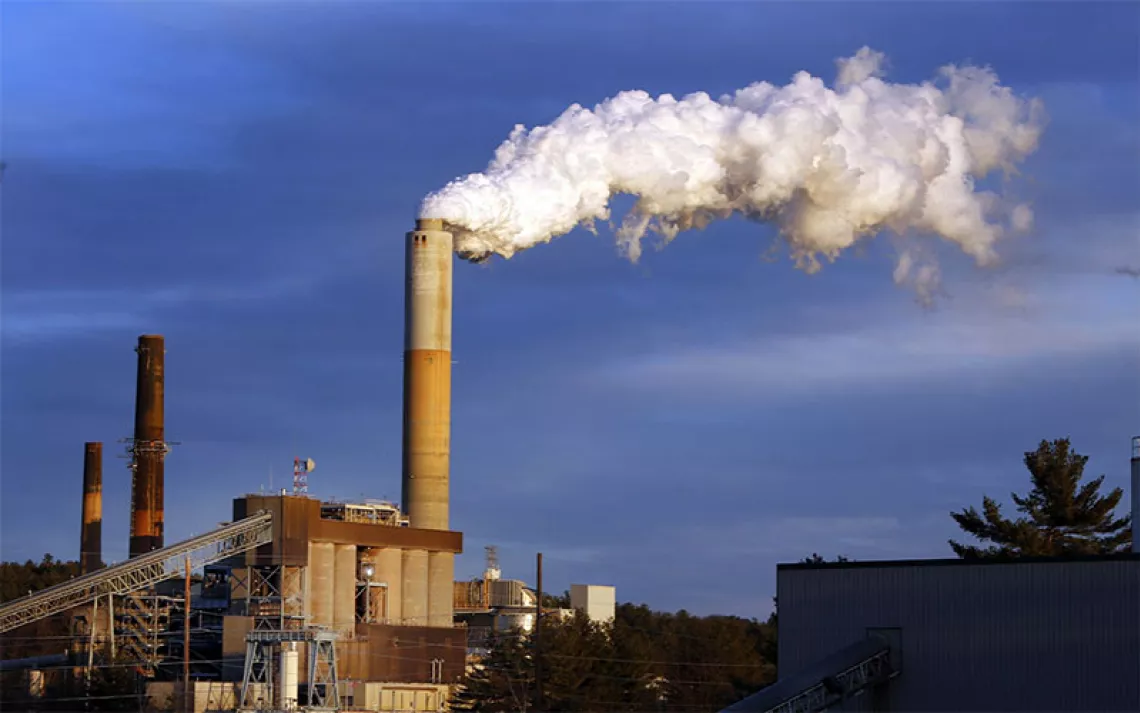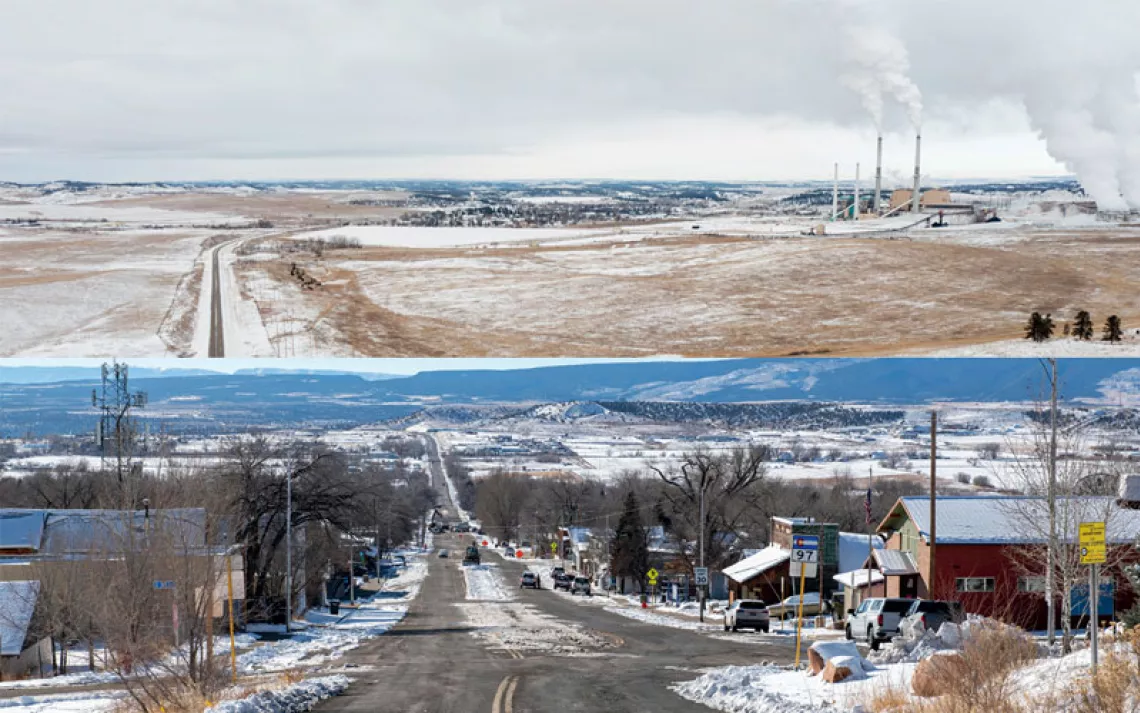South New Jersey Rejects a Power Plant and a Pipeline
The decision to close the B.L. England Generating Station is a double win

New Jersey Pinelands National Reserve is a UNESCO-designated biosphere reserve. | Photo by Albert D Horner
Residents of south New Jersey are breathing easier since the coal-powered B.L. England Generating Station, which had been polluting the air along the Atlantic coast since 1962, shut down for good last spring. In 2006, the state mandated that the plant comply with emissions standards. In response, operators developed a plan to switch to natural gas, a move that would have created more pollution, since the retrofitted operation would run more frequently. It would also have interfered with New Jersey's goal of transitioning to 100 percent clean energy by 2050.
In February, in the face of longtime opposition from community members and environmentalists, operators notified the state that they were abandoning the retrofit and would permanently shut down the plant. The decision was a twofer for the environment, because a proposed 22-mile gas pipeline slated to carry the natural gas through New Jersey Pinelands National Reserve is now on hold indefinitely.
Local activist Georgina Shanley has seen firsthand the coal plant's health and environmental effects—the surrounding area has been plagued with high rates of cancer and, she says, childhood asthma. For her, this victory is just the beginning; a second natural gas pipeline that would cut through the reserve is still in the works. "When you look at what young people are doing all over the world against this climate crisis," Shanley says, "we owe it to them to continue the fight."
This article appeared in the July/August 2019 edition with the headline "A Double Win for the Garden State."
 The Magazine of The Sierra Club
The Magazine of The Sierra Club



